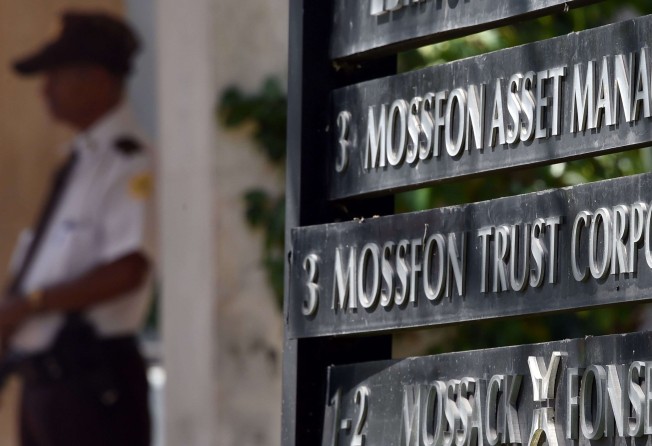Whistle-blower protections needed in HK to help weed out illegal activities
Protecting and even rewarding whistle-blowers has proven effective in other jurisdictions

Last month the US securities regulator awarded US$17 million to a corporate whistle blower whose information resulted in a successful enforcement action. Hong Kong, which relies on short-sellers, anonymous tipsters and activists such as David Webb to expose corporate malfeasance, has never encouraged such truth-telling by insiders. Never mind that whistle-blowers are not granted financial incentives for spilling the beans, they don’t even get statutory protection from reprisals that may result from their actions.
This is about to change, albeit within the tight confines of the Competition Commission and its “leniency” policy toward whistle-blowers who reveal illegal cartel activity. As the anti-trust watchdog prepares to flex its powers, attention will focus on the circumstances leading to a whistle-blower action. As a meeting agenda item in Hong Kong board rooms, “could it happen here?” will ensure that minds are focused.
Under the leniency policy, cartel participants who engage in illegal activity such as bid rigging, but come clean, may claim immunity from penalty. The catch is this protection only applies to the individual who breaks cover first. This classic “prisoner’s dilemma” problem creates the incentive for a cartel member to act in haste and repent at leisure. In addition, a condition of leniency is that the whistle-blower—who may be a business owner but also a director, officer or regular employee—must make full and timely disclosure and provide continuous cooperation.
The hope is that this policy helps the authorities penetrate back-room collusion that allows prices to be fixed and contracts to be won at uncompetitive rates. Similar leniency schemes have proven successful in other jurisdictions and there is no reason to think Hong Kong will be different. Success will be judged by successful cartel-busting operations, but also if it helps change behaviour as firms refrain from such activity in the first place for fear of being caught.
Success in this narrow field of competition law may spur Hong Kong more generally to rethink its approach to whistle-blower protection. At present there is no comprehensive law to shield individuals who risk losing their jobs and becoming the brunt of retaliation should they inform on corporate infringements. The US in contrast built such protection into the Sarbanes-Oxley Act of 2002 and the DoddFrank Act of 2010, the latter arming the Securities and Exchange Commission (SEC) with the power to reward informants who substantially assist in an investigation.
The reward for whistle blowers packs a potent punch as they can be given up to 30 per cent of the total financial sanctions levied on corporate miscreants. The US$17 million award paid last month is the SEC’s second-largest to date since the Whistleblower Program was launched in 2011. To date, more than US$85 million has been paid out to more than 30 whistle blowers.
Other financial centres are considering similar schemes. Australia, which incorporated limited protection into its Corporations Act in 2004, plans to outline beefed up proposals next month and is considering the payment of financial rewards. Britain has shied away from making cash pay-outs for fear of creating perverse incentives, but legislation adopted in 1998 protects such individuals from dismissal or harm. Protection for whistle blowers in the financial sector was tightened in October 2015 amid an increase in disclosures: reports from whistle blowers to the Financial Conduct Authority had increased tenfold since 2007 to 2008.
As financial centres seek to upgrade safeguards, Hong Kong’s non-legal attempt to encourage a culture of whistle blower protection among listed corporates has floundered. An overhaul of the Stock Exchange’s Corporate Governance Code in 2012 saw whistle blower support bundled into 11 non-mandatory “recommended best practise” notes which cover the full gamut of governance issues relevant to listed companies. Alas, the take-up rate has been poor with only 10 per cent of listed firms having implemented the full menu of best practises; just 1 per cent of listed entities claimed full compliance with these standards, although 9 per cent stated partial observance.
With Hong Kong in some ways being a small town where everyone knows each other, there remains opposition to protection that institutionalises snitching among both business people and the professionals who serve them. However, such attitudes look increasingly anachronistic. Trust-busting in particular relies on whistle-blowers, but experience elsewhere suggests this form of evidence gathering will end up being adopted more generally. The reason is that it is a tool that has been proven to work.
Jane Moir is a Director at FTI Consulting. She was admitted as a barrister in 2012 and previously worked as a journalist.